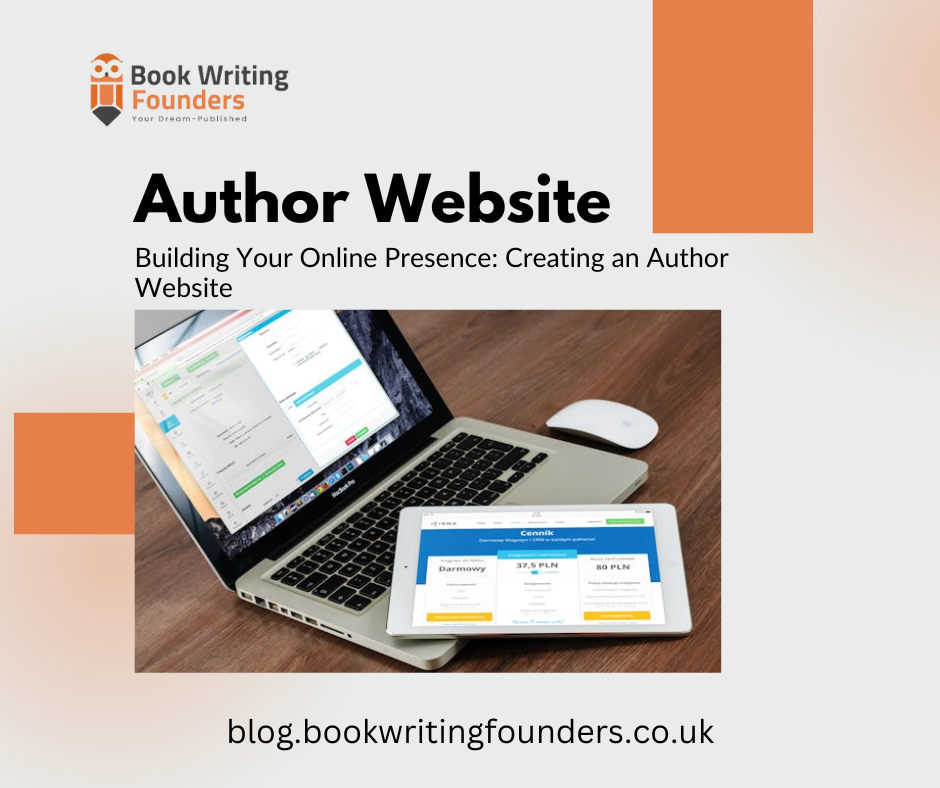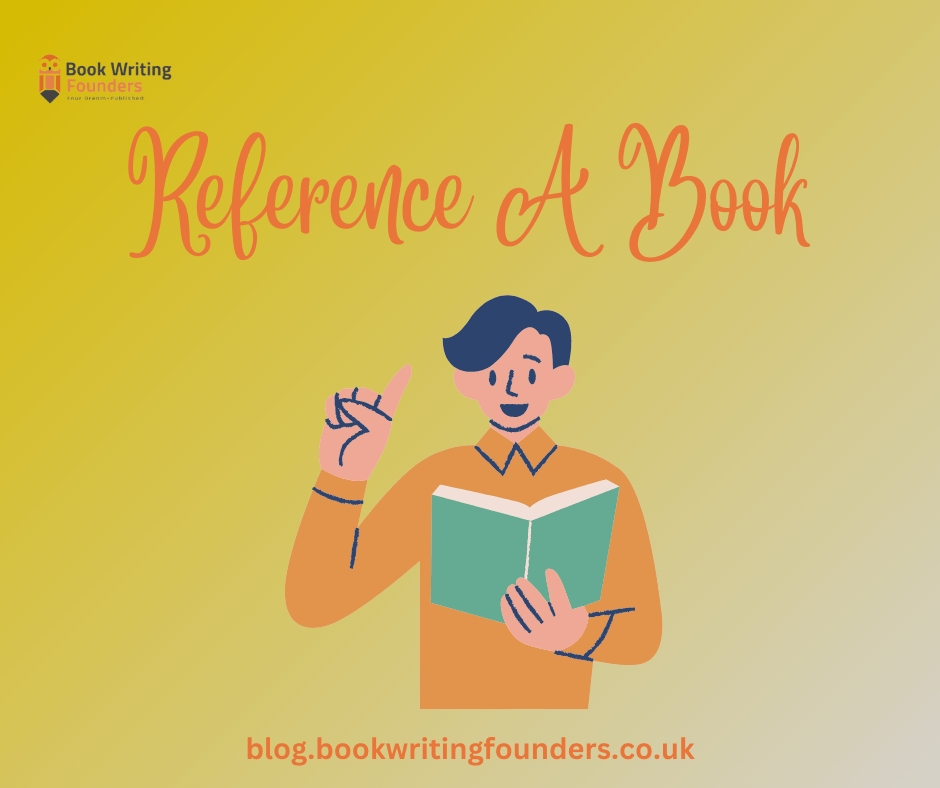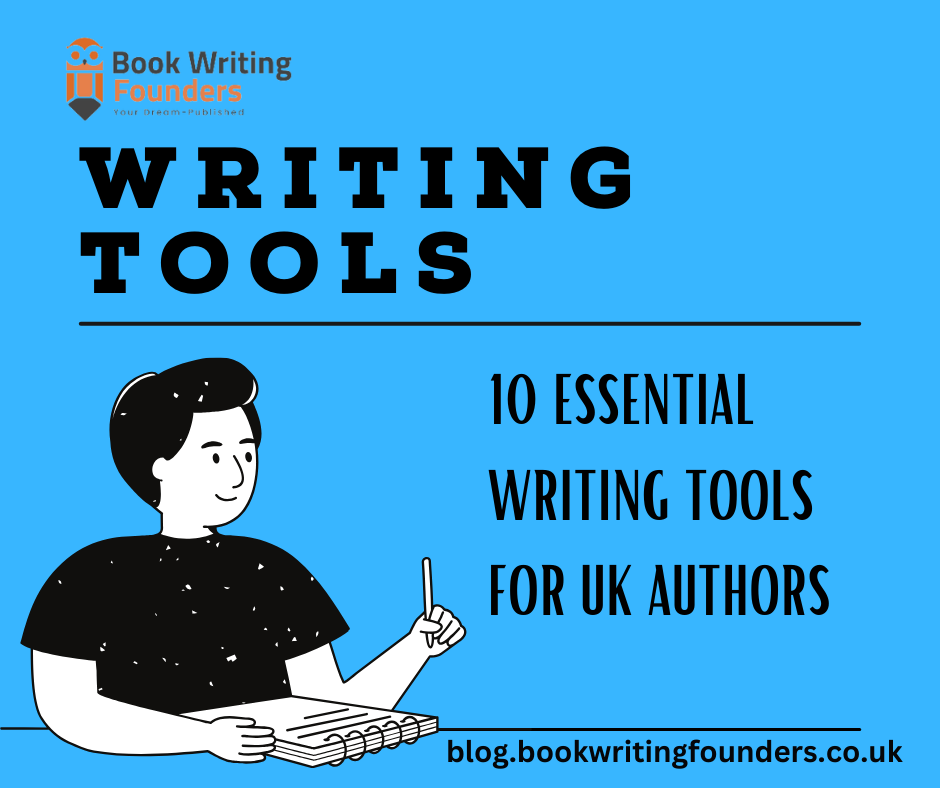
Author
Introduction
In today’s digital age, establishing a robust online presence is essential for authors looking to connect with their audience, promote their work, and build a brand. Creating an author website is one of the most effective tools for achieving this.
An author’s website is a central hub where readers, fans, and industry professionals can learn more about you and your work. It offers an Author Platform to showcase your writing portfolio, share updates on upcoming projects, engage with your audience through blog posts or newsletters, and provide information about events such as book signings or speaking engagements.
Building an author’s website needs professional help. Creating a website establishes a digital home base where readers can discover your work, engage with your content, and become loyal fans.
The Ultimate Guide to Establishing Your Author Website
The Book Writing Founders UK takes the mystery out of making an author’s website by giving you detailed information and useful advice. It stresses how important it is to connect with readers, build credibility, and sell books.
Each chapter offers writers specific steps to show off their work and connect with their audience, such as creating interesting content for the homepage, improving book portfolios, and adding social media platforms.
If writers follow this guide, they can feel confident about starting their online journey because they know they have the tools and knowledge to create an interesting digital hub that shows their unique style and connects with readers worldwide.
1- Setting Your Goals
Setting clear goals aligning with your author’s objectives is crucial before creating your author’s website. This involves defining the purpose of your website and identifying your target audience demographics. Also, establishing key metrics for measuring success.
Defining the Purpose: Clarify why you’re building an author website. Are you aiming to increase book sales, connect with readers on a deeper level, or showcase your writing portfolio to potential publishers or collaborators? Also, understanding the primary purpose of your website will guide your content strategy and design choices.
Establishing Key Metrics for Success: Determine the metrics you’ll use to measure the effectiveness of your author’s website. These include website traffic, engagement metrics (comments or newsletter sign-ups), book sales, and social media followers. Setting specific, measurable goals will help you track your progress. Similarly, making informed decisions to optimize your website for success.
2- Choosing the Right Domain Name
Choosing the right domain name for your author’s website is crucial. Also, use your author name, include relevant keywords, and check availability. Avoid hyphens and numbers, and think long-term.
Therefore, a strong domain name enhances your online presence and helps readers find you easily.
Avoid using complex or obscure words that might confuse visitors. Therefore, aim for a name that reflects your author’s brand and sticks in the minds of your readers.
Use Your Author Name: Register a domain name that matches your author name. Therefore, this helps build brand consistency and makes it easier for readers to find you online. If your name is common or already taken, consider adding a middle initial, a relevant keyword, or using a name variation.
3- Selecting a Hosting Provider
Selecting a hosting provider is critical when creating your author’s website. However, pricing, server location, and scalability should be considered to accommodate future growth.
Research reviews and compare features to find a hosting provider that meets your needs and budget. With the right hosting provider, you can ensure your author’s website remains accessible and performs optimally for your readers.
4- Designing Your Author Website
Designing an author website is an exciting opportunity to showcase your writing and engage with your audience effectively. Here are some key steps to consider:
Also, opt for a clean, visually appealing Author Website Design that reflects your author’s brand. Make sure your website is easy to navigate and user-friendly. Organize your content logically, with clear navigation menus and prominent calls to action for important actions like purchasing your books or signing up for your newsletter.
5- Crafting Compelling Content
Crafting compelling content is crucial for your author’s website. Write engaging author bios and for this you may seek the help from Auto-Biography Authors. Book descriptions that capture readers’ attention. Offer valuable blog content about your writing process, genre insights, and book reviews.
Maintain a consistent posting schedule and optimize your content for search engines. Encourage interaction and include visuals to enhance engagement. Therefore, with captivating content, you can attract and retain readers on your website effectively.
6- Building Your Email List
Email marketing is vital for authors, enabling direct communication with readers. Techniques for growing your list include offering incentives, strategically placing opt-in forms, providing content upgrades, using pop-up opt-ins, guest blogging, and promoting on social media. By implementing these strategies, the author website can cultivate a loyal fan base, increase engagement, and drive book sales effectively.
7- Implementing Multimedia
Implementing multimedia elements such as images, videos, and audio clips can significantly enhance your author’s website and engage your audience more effectively. Here’s how:
Images: Use high-quality images to showcase your books, author events, and behind-the-scenes glimpses into your writing process. Therefore, images can add visual appeal to your website, break up text-heavy sections, and draw attention to important content.
Videos: Incorporate videos to provide engaging content that captures visitors’ interest. Consider creating book trailers, author interviews, or readings of excerpts from your books. Videos can offer a dynamic way to introduce yourself as an author, promote your books, and connect with your audience more personally.
Audio Clips: Share audio clips of readings, interviews, or podcast appearances to give visitors a taste of your writing style and personality. Also, audio content can provide an immersive experience for your audience, allowing them to engage with your work in a different format.
Conclusion:
Building your online presence by creating an author website is essential for connecting with your audience, promoting your work, and establishing your brand as a writer.
Following the guidelines outlined in this guide, you can create a professional and engaging website that effectively showcases your writing, engages your audience, and helps you achieve your goals as an author.
With a strong online presence, you can expand your reach, grow your fan base, and succeed in the competitive publishing world.





